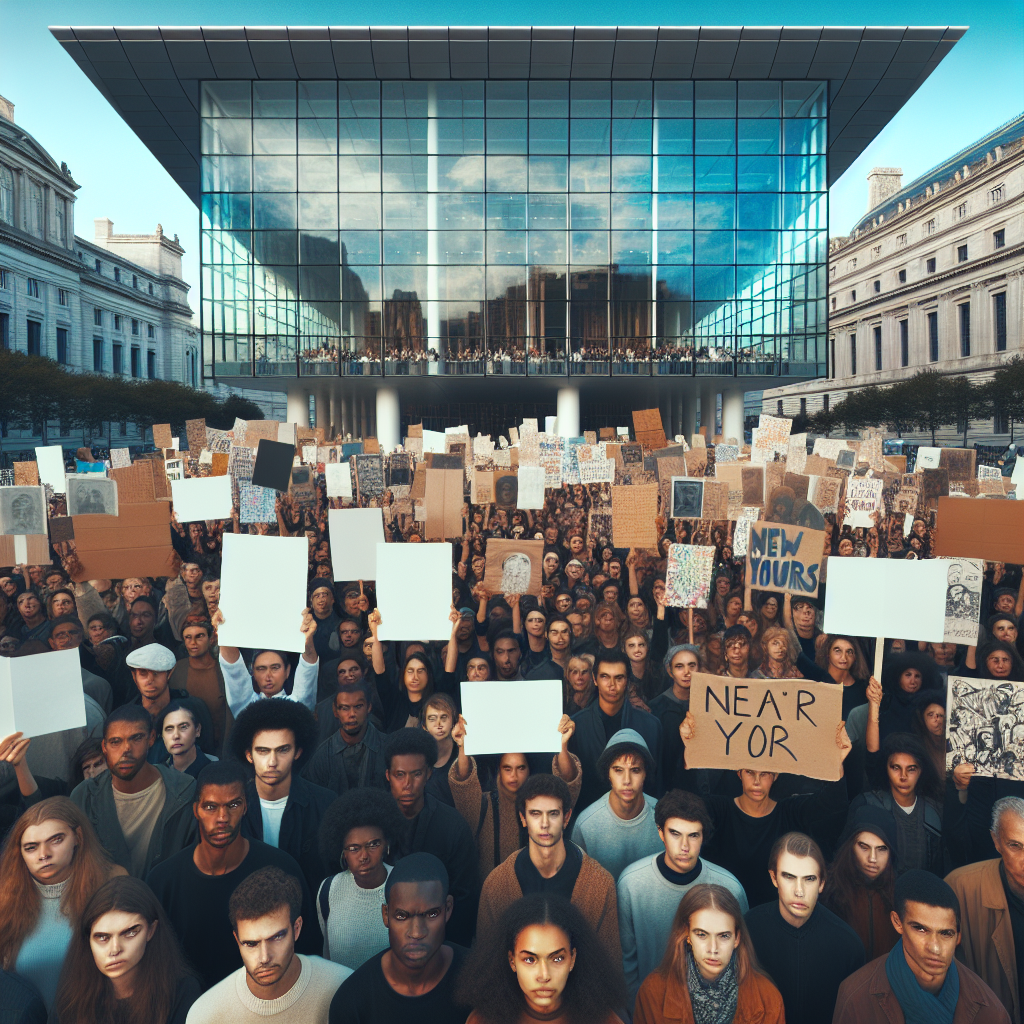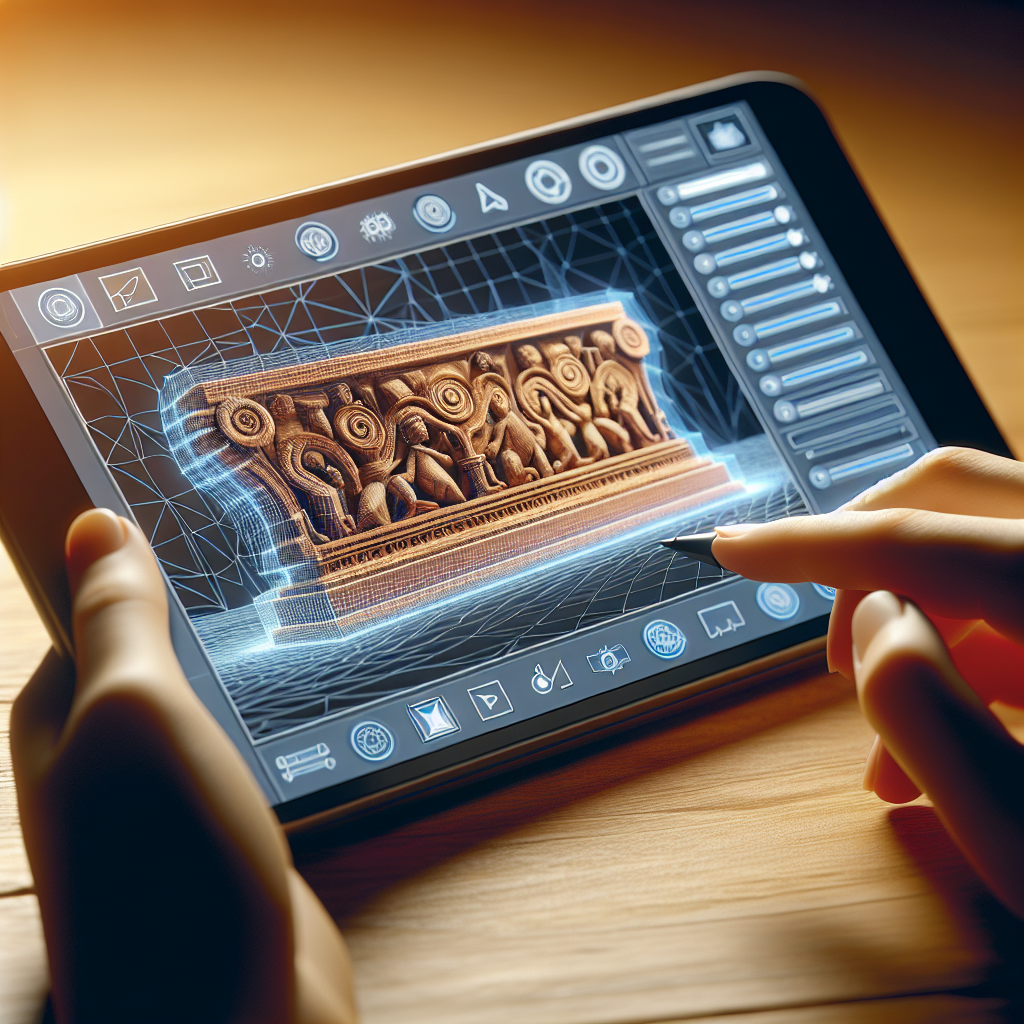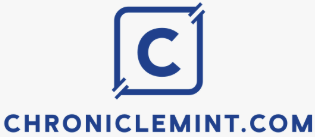In a stormy climate of social change, how is it that we negotiate with our past? How do cultural institutions such as museums navigate these choppy waters? The recent events involving the Greyville Museum have brought these questions to the forefront.
Greyville Museum found itself at the epicenter of a blazing debate following its decision to digitize many of its exhibits using cutting-edge technology. Is this breaking new ground or subtly erasing history?
Trend Overview
The movement towards modernizing museums through digital transformation isn’t new. However, when does ‘modern’ become ‘distorted’? This friction between tradition and innovation is what currently divides opinion.
Social Context
Museums are traditionally seen as custodians of shared histories and cultures. Yet in an age dominated by technology, there’s growing pressure for them to adapt or fade into irrelevance.
Key Influencers
Digital pioneers like Jack Mitchell argue that museums must evolve just like every other industry. But historians such as Professor Linda Grayson fight back against what they perceive as unnecessary meddling with historical integrity.
Consumer Response
Predictably mixed reactions have emerged from visitors; some embracing change while others resist it fiercely.
Industry ImpactThis incident has led several other establishments to put their own digital plans under review fearing similar backlash.
Cultural Significance A nation’s history on display should, ideally, be immutable. How we choose to present it is anything but.Future Projections
If the trend toward digital exhibits continues, it can fundamentally alter our cultural and historical landscape in ways both exciting and terrifying.

Expert Opinions
‘Much ado about nothing’ says tech-optimist Mitchell while Professor Grayson warns that we’re ‘walking over a cultural cliff.’
Personal Stories
Ancient artifacts enthusiast Mary Foster feels ‘betrayed’, but Gen Z museum-goer Josh Taylor welcomes the change as ‘an immersive way to learn history.’ Getting InvolvedA heated debate has begun where public opinion cannot remain unheard. A petition opposing digitization has collected 40,000 signatures while various online platforms host fiery discussions this very moment.
